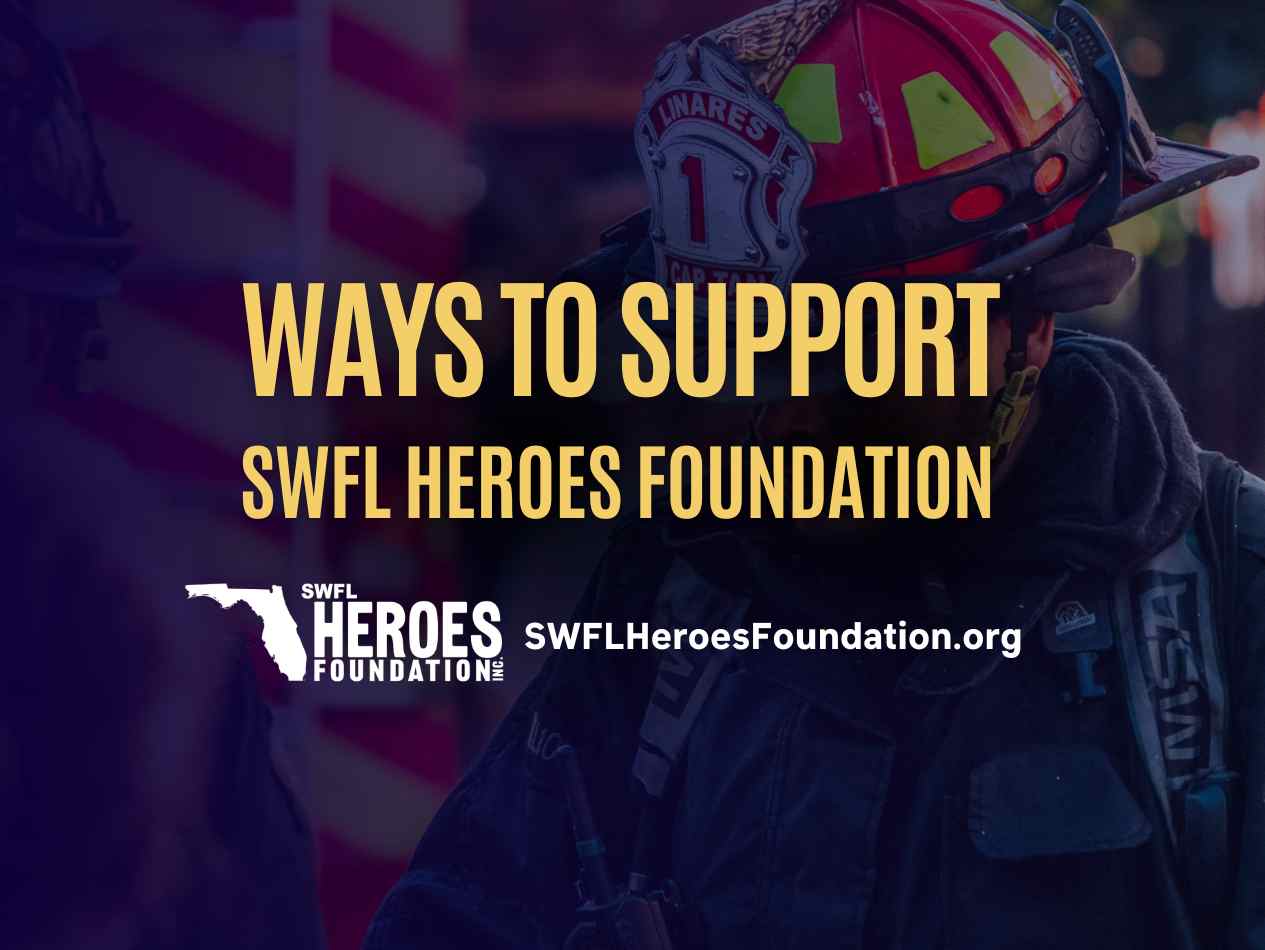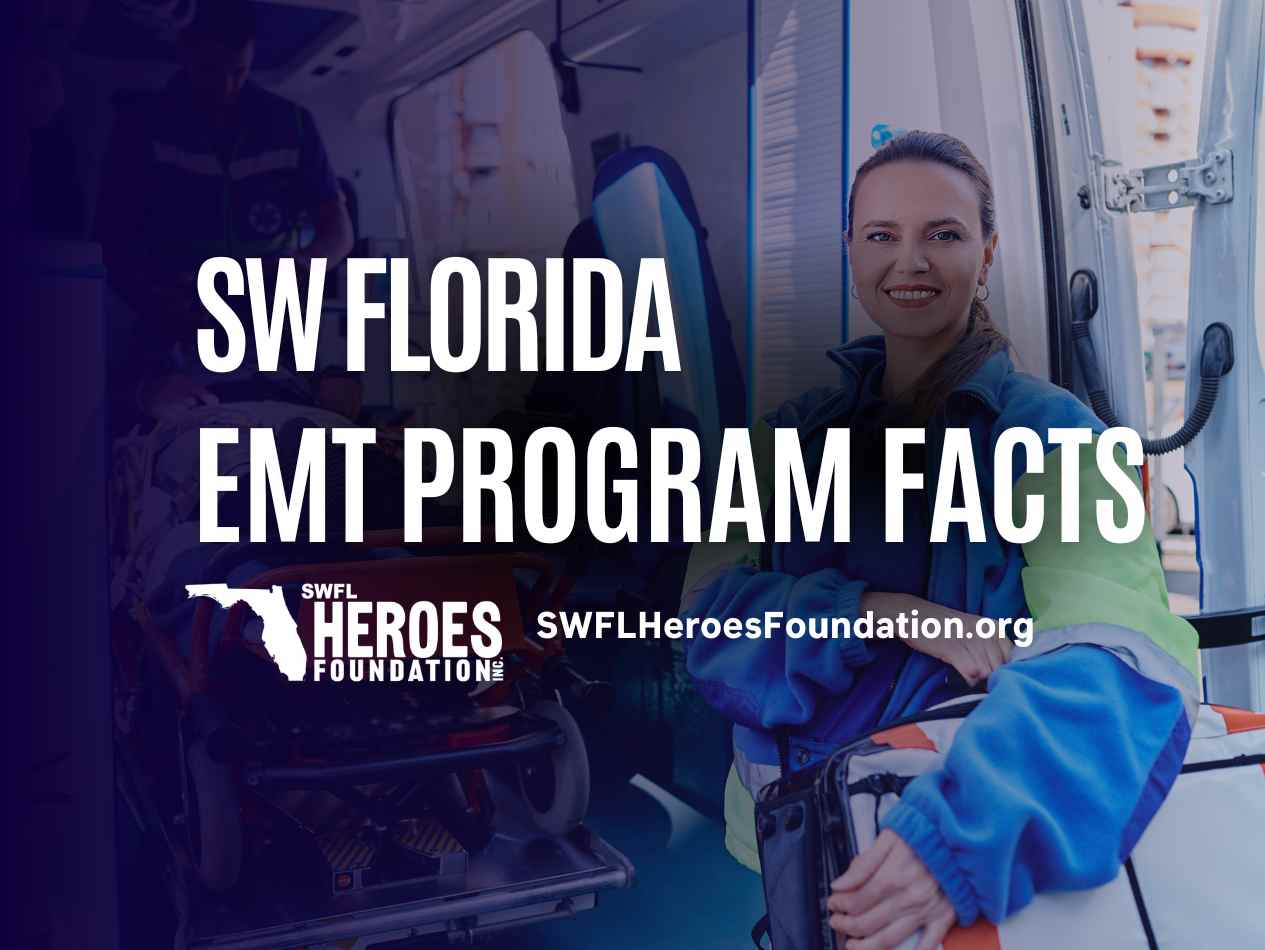10 Police Officer Facts You Probably Didn’t Know
The role of police officers in the United States is steeped in history, with unique practices and a vast scope of responsibilities. While we may think we know what police work entails, there are many surprising facts about the profession that even avid followers of law enforcement may not be aware of. Let’s look at 10 lesser-know police officer facts that highlight the challenges, evolution, and commitment of American policing and law enforcement.

1. The First Formal American Police Force Was Established in 1838
POLICE OFFICER Facts
The United States’ first organized police force was founded in Boston in 1838, aimed at addressing the needs of a rapidly growing urban population.
The Boston Police Department was the first paid, professional public safety department in the country. Previously, law enforcement duties were handled by volunteer watchmen, but as crime and disorder increased in densely populated cities, a professional force became necessary. Boston’s move toward a paid police force inspired other major cities to establish their own organized forces, laying the groundwork for modern policing in America.

2. The U.S. Has Over 18,000 Police Agencies
POLICE OFFICER Facts
Unlike many countries with a centralized police system, the United States has over 18,000 independent law enforcement agencies, ranging from municipal departments to specialized state and federal agencies. Agencies have This decentralized system allows each agency to operate under its own rules and policies, tailored to the needs of their respective communities. While this provides flexibility, it also creates a complex network of jurisdictional overlaps and variations in law enforcement practices.
3. The First Female Officer joined the force in 1908
In 1908, Lola Baldwin became the first sworn female police officer in the United States when she was hired by the Portland, Oregon Police Department. Baldwin was granted full police authority and focused on crime prevention and working with women and children.
Although Marie Owens was one of the first known appointed policewomen in Chicago, Illinois as early as 1890, her role was more limited, primarily involving enforcing health laws. Baldwin’s appointment marked a pivotal moment in law enforcement, as she was the first woman officially sworn in with full police powers in the U.S.
4. Police K-9 Units Began in the 1970s
The introduction of specialized K-9 units in U.S. law enforcement began in the 1970s, marking the start of a strong partnership between officers and highly trained dogs. K-9s are carefully selected based on their abilities, temperament, and resilience. After passing stringent criteria, these dogs undergo months of rigorous training to learn essential skills like tracking suspects, detecting drugs, explosives, and even firearms.
Police K-9s are afforded significant respect and care. When they retire, many are adopted by their handlers or given to families where they can enjoy their later years peacefully. Their bravery and loyalty have made them integral to police operations, especially in high-risk scenarios where human officers may face greater dangers.
In Florida, killing a police dog is classified as a second-degree felony and can result in up to 15 years in prison. This law was strengthened in 2019 after public outcry following the death of a K-9 during a carjacking incident in Jacksonville, Florida.

5. The Florida Bonus is Hot Right Now
POLICE OFFICER Facts
Florida’s Law Enforcement Recruitment Bonus Program which launched in April of 2022 is still active and fully funded as of 2024. This program, initiated by Governor Ron DeSantis, offers incentives like a $5,000 after-tax recruitment bonus to attract both in-state and out-of-state officers to join law enforcement in Florida. This initiative has seen significant success, with nearly 5,000 bonuses awarded since its inception, including more than 1,200 officers from other states. The bonuses are part of a broader effort by the state to maintain low crime rates and support law enforcement personnel.
The program also includes additional benefits, such as opportunities for financial stability, upward career mobility, health and retirement benefits, student loan forgiveness, and housing assistance. This recruitment strategy has helped bring officers to Florida from every U.S. state and two territories, especially from areas where law enforcement support is perceived as weaker.
For the latest information and details on the bonus, you can visit the FloridaJobs portal, which provides updates on recruitment incentives and funding expansions for the program.
6. Peace Officers Memorial Day Honors Fallen Officers
Established by President John F. Kennedy in 1962, Peace Officers Memorial Day takes place on May 15 every year, as part of National Police Week.
The day honors law enforcement officers, like our own Julian Keen, who lost their lives in the line of duty. It’s a day for Americans to reflect on the sacrifices made by those who protect their communities. The event includes a national memorial service in Washington, D.C., and thousands of officers and civilians gather to remember fallen heroes from coast to coast.

7. African American Police Officers Began Serving as Early as 1867
POLICE OFFICER Facts
The history of African American officers in U.S. law enforcement dates back to 1867, when African American police officers were appointed in Selma, Alabama. This was followed by additional appointments in Jackson, Florida in 1868, and in Houston and Galveston, Texas and New Orleans by 1870. These officers served during Reconstruction, facing intense challenges in a deeply segregated society. Their roles marked early steps toward diversity and inclusion in American policing, establishing a legacy that has inspired future generations in law enforcement.
8. Most Americans Think Police Officers Frequently Fire Their Guns—But They Don’t
A survey by the Pew Research Center revealed that many Americans believe police officers frequently discharge their weapons. In reality, only about 27% of officers report having ever fired their service weapon while on duty, outside of training or target practice. This misconception likely stems from media portrayals and high-profile incidents, but the reality is that most officers focus on community relations and non-lethal responses rather than lethal force.

9. A SWAT Team in Lee County Used Robots and Drones in a Hostage Situation
In February 2024, a bank hostage situation at the Bell Tower Shops in Fort Myers, Florida, demonstrated the high-tech capabilities of modern police forces. The Lee County Sheriff’s Office deployed a combination of drones, a SWAT sniper, and even a “robodog” to manage the crisis. The suspect, armed and threatening hostages, was safely neutralized, and the use of advanced technology minimized the risk to officers and civilians. This incident showcases the innovative approaches some U.S. police departments use to enhance safety and efficiency in critical situations.
10. A Police Officer Once Arrested a Sitting U.S. President
In an unusual historical moment, President Ulysses S. Grant was arrested by an officer in Washington, D.C., in 1872 for speeding in his horse-drawn carriage. Although he was the sitting president, Grant was treated like any other citizen, fined $20, and released. This event emphasizes the principle that everyone, even the highest-ranking official, is subject to the law, reinforcing a key tenet of American democracy.
The role of police officers in the United States is multifaceted and filled with both historical significance and modern challenges. From the earliest days of organized policing to today’s high-tech innovations, officers have shown resilience, courage, and dedication to serving their communities. The SWFL Heroes Foundation honors this commitment by celebrating those who serve with integrity and compassion.
We hope these little-known police officer facts have provided you with a deeper appreciation for the work and sacrifices made by law enforcement officers every day. If you’re inspired by their legacy, consider supporting our efforts to advocate for, assist, and recognize the heroes who keep our communities safe. Together, we can continue to build a future that values and supports those who dedicate their lives to public safety.
Join the mission through your gift of any amount.
We value the next generation of leaders by providing scholarships and educational support to our future community heroes.
Let’s do this together! Your gift of any amount is appreciated.




